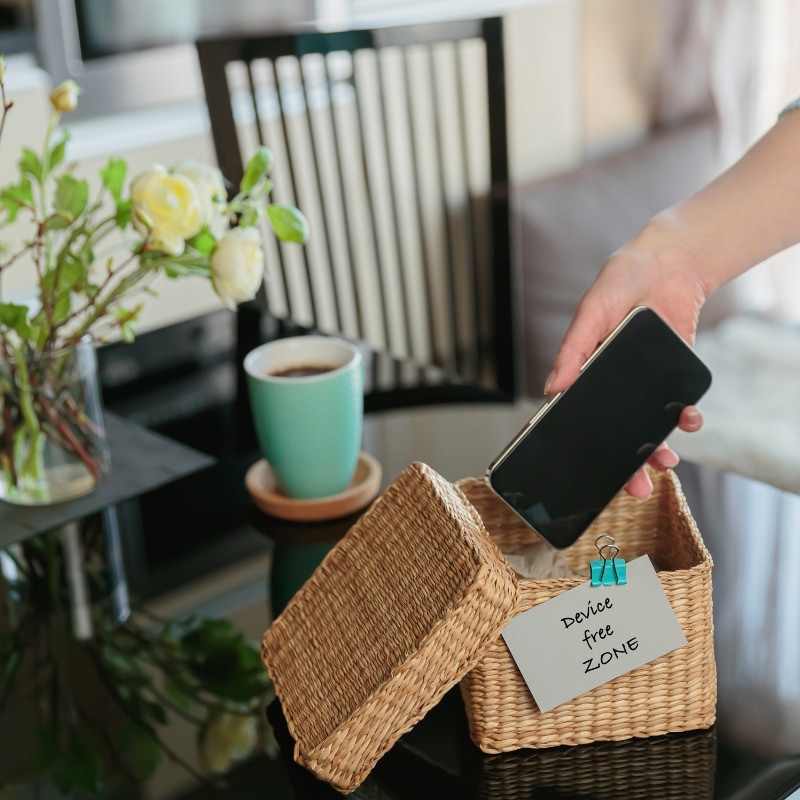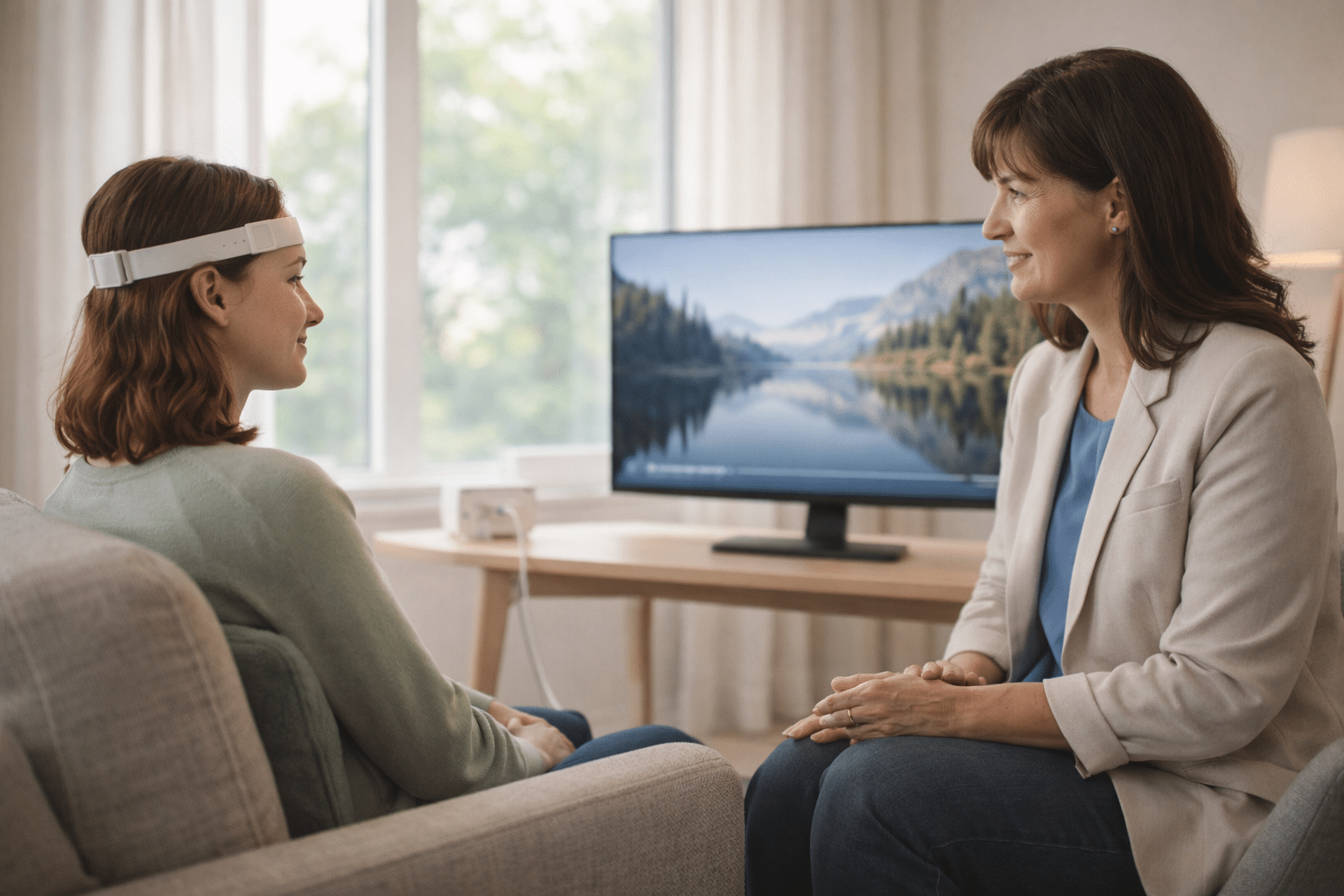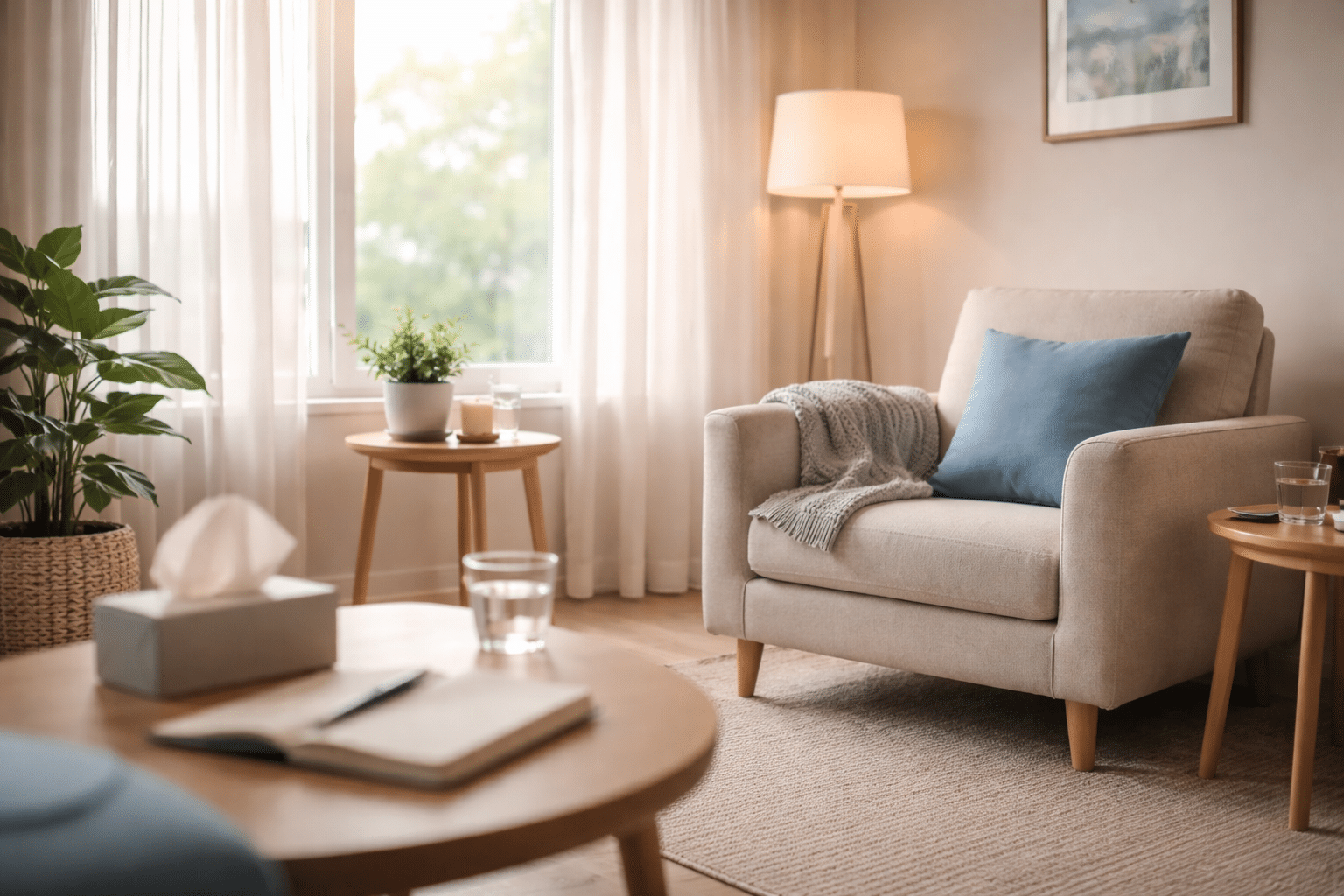In today’s world, it feels like we are always connected. From checking emails first thing in the morning to endlessly scrolling through social media before bed, technology has become a huge part of daily life. While staying connected has its benefits, this constant interaction with screens can take a toll on our mental health. Many people are now turning to a digital detox as a way to step back and recharge.
However, does unplugging from technology actually improve mental health? Let’s explore the science behind the digital detox and how stepping away from screens might be the mental reset we need.
The Mental Health Effects of Constant Connectivity
The impact of being constantly connected goes beyond just feeling tired or distracted. Studies have shown that too much time on digital devices can lead to serious mental health problems. According to Ramadhan et al., excessive use of social media contributes to higher levels of depression and anxiety. This happens because constantly comparing ourselves to others online and taking in an overload of information can make us feel inadequate and overwhelmed.
Additionally, in its 2022 World Mental Health Report, the World Health Organization reported a 13% rise in global mental health disorders each year, with depression affecting 280 million people and anxiety impacting 301 million worldwide. That’s a massive number of people struggling with mental health, and our reliance on technology may be playing a role.
According to WebMD, 61% of people admit to being addicted to their screens. This kind of digital addiction can lead to sleep problems, self-image issues, and even physical discomfort like neck and back pain from constantly looking down at phones. Our brains are constantly stimulated by notifications and updates, keeping us in a state of alertness and making it difficult to truly relax.
What the Research Says About Digital Detox
A study by Coyne and Woodruff explored the effects of a 14-day social media detox where young adults limited their usage to just 30 minutes per day. The results showed that this limited use helped improve sleep quality, life satisfaction, and stress levels. Participants also reported feeling healthier overall and more connected to their social circles. However, the effectiveness of digital detoxes can vary greatly depending on the individual and the specific detox plan they follow.
Ramadhan et al. analyzed data from 10 different studies with over 2,500 participants. The study found that digital detoxes significantly reduced symptoms of depression. However, it did not have a major impact on stress levels or overall life satisfaction. This suggests that while unplugging can help with depression, it might not be a cure-all for every mental health issue.
Another study by Fioravanti et al. compared two groups of young adults: one group of 40 participants who quit Instagram for a week and another 40 who continued using it. Results showed that women who took a break experienced significantly higher life satisfaction and more positive emotions than those who kept using the app. This improvement was linked to reduced social comparison, especially regarding appearance. Without constant feedback on their looks or opinions, women felt better overall. However, the study found no significant changes in well-being among men, suggesting social media impacts genders differently.
Why Digital Detox Works
So, why does taking a break from screens actually help? The answer lies in how our brains react to technology. Every notification or like on social media releases dopamine in the brain—the same chemical that makes people feel good when they engage in addictive behaviors like gambling or even drug use. This constant stimulation makes it hard for our brains to relax.
When we unplug, our brains finally get a chance to reset. This can lower stress levels and reduce feelings of anxiety. It also gives us the chance to engage in face-to-face interactions, which are proven to release oxytocin—a hormone that helps us feel connected and happy.
Digital detoxing also encourages mindfulness. Without the constant distraction of notifications and updates, people can focus more on what’s happening in the present. This can improve focus, help manage anxiety, and make it easier to enjoy daily life.
Simple Ways to Start a Digital Detox
You do not need to completely give up technology to benefit from a digital detox. The goal is to set healthy boundaries and be more mindful of screen time. Here are some practical tips to help you get started:
- Schedule Screen-Free Time: Set aside specific times during the day when you will avoid screens. This could be during meals, before bed, or while spending time with friends.
- Turn Off Notifications: Disable non-essential notifications on your phone to avoid the constant urge to check them.
- Use Apps to Monitor Screen Time: Many apps can track how much time you spend on your phone and even block access to certain apps during specific times. This can help you stay mindful of your habits.
- Create Tech-Free Zones: Make certain areas in your home screen-free zones. For example, avoid using your phone in the bedroom or at the dinner table.
- Replace Screen Time With Other Activities: Try reading a book, exercising, or spending time outdoors instead of scrolling on your phone.
- Start Small: You do not have to go cold turkey. Start by cutting back 15–30 minutes of screen time each day and gradually increase the amount of time you spend unplugged.
If technology use feels overwhelming, reaching out for professional help can make a difference. At Zeam Health & Wellness, we offer therapy and psychiatry services in Sacramento, Roseville, and Folsom to help manage mental health challenges.
Balancing Technology With Mental Well-Being
Technology is not inherently bad. In fact, it can be incredibly helpful for staying connected with family and friends, learning new things, and even managing mental health through online therapy.
At Zeam Health & Wellness, we understand how difficult it can be to balance technology use with mental well-being. Our team of professionals offers therapy, psychiatry, and specialized treatments like ketamine therapy to support your mental health journey.
Contact us today at our Sacramento, Roseville, or Folsom locations to learn more about how our mental health services can help you look and feel your best.




